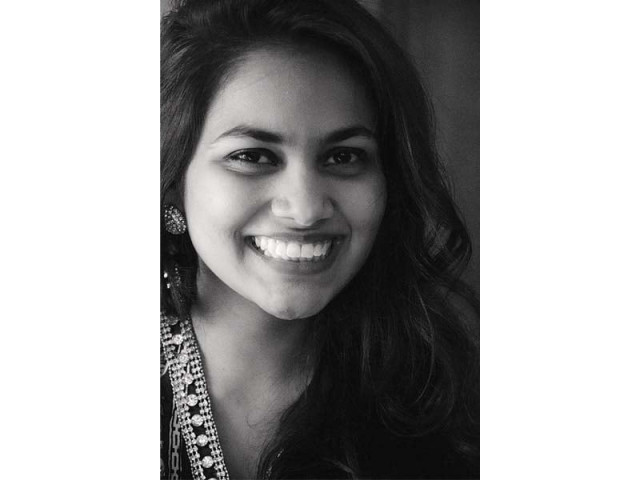The notepad: Natasha Japanwala
Natasha Japanwala provides reading recommendations, jots down the books that changed her life

A Little Life by Hanya Yanagihara

This book follows the lives of four friends trying to make it big. But it’s far from the coming-of-age novel you think. No matter how different your life is from the characters, the way they climb up will make you wonder about the progression of your own life. Will you get that dream job? Will your friendships endure? Will you experience true love? Life answers these questions in years; this book answers them in pages. I promise you’ll put it down only to wipe your eyes.
Unaccustomed Earth by Jhumpa Lahiri

Lahiri gave a voice to the South Asian diaspora. When I read her for the first time, I had spent my entire life in Karachi. While it was thrilling to encounter characters with whom I shared a skin colour, my reality was entirely different from theirs. Lahiri showed me how short stories could be complete novels. She is a master at observing human relationships, and renders them through quiet, gorgeous scenes. My favourites in Unaccustomed Earth are Hell-Heaven, Nobody’s Business, Hema and Kaushik.
The Age of Innocence by Edith Wharton

A friend sent me a link to a Kate Spade clutch designed to look like a collectible hardcover. On one side it reads: “There was about her the mysterious authority of beauty...which struck him as highly trained and full of a conscious power.” I bought the book immediately. It’s a love story doomed by a scandal-riled society that feels foreign in this age. Unless you’re from a kind of Karachi, where gossip and scandal are all too familiar. That’s why I love this book: it’s both foreign and familiar, both archaic and contemporary.
In Other Rooms, Other Wonders by Daniyal Mueenuddin

I have little doubt that this is the best book ever written about Pakistan. Mueenuddin takes us into the heart of rural Punjab, where he paints a universe that is hot with illicit desire and heavy with a long day’s work. His characters are feudal lords and servants, electricians and expatriates, and he describes them with precision and sympathy, even when they succumb to temptation and greed. Characters recur and circle back, a trope that lends the collection a deep connectedness — and locks you deep within its sphere.
Moth Smoke by Mohsin Hamid

The Lahore-set Moth Smoke is searing in it’s depiction of how vicious Pakistani society can be, especially in cities like Lahore and Karachi, which seem to be built on cruel class lines. Hamid’s protagonist, who tries to navigate an elite world from the outskirts, is subject to the self-destructive tendencies we all have when we retaliate against a desperately unfair world. This is a novel of subtle war and forbidden love. But most of all, it’s a deeply accurate observation of the way the elite run and ruin this country.
The Unbearable Lightness of Being by Milan Kundera

This book will haunt you. And by that I mean: You will think about it long after you first read it, and if you’re anything like me, you will return to it often. Set in late 20th century Prague, on the surface this is a novel about a man’s infidelities. But really, it’s a brilliant work of philosophy that poses an essential question. I’ll repeat it here for you, and let you wonder with me: “The heavier the burden, the closer our lives come to the earth...Conversely, the absolute absence of a burden causes man to be lighter than air...What then shall we choose? Weight or lightness?”
Light Years by James Salter

This is as near perfect as a book can be. Each chapter delivers a different year, and as the pages fly by, so does time’s illusion of intact, complete happiness. What, it begs, is happiness at all? The novel gets away with asking a question so big because it revels in delicately observed scenes of pleasure, joy, despair, boredom, and heartache without ever letting plot dictate their progression. Salter is an expert in creating a narrative, through weaving together the disparate moments that create a life, showing us that they can create a book, too. This book is music and it’s a song I’ll never tire listening to.



















COMMENTS
Comments are moderated and generally will be posted if they are on-topic and not abusive.
For more information, please see our Comments FAQ